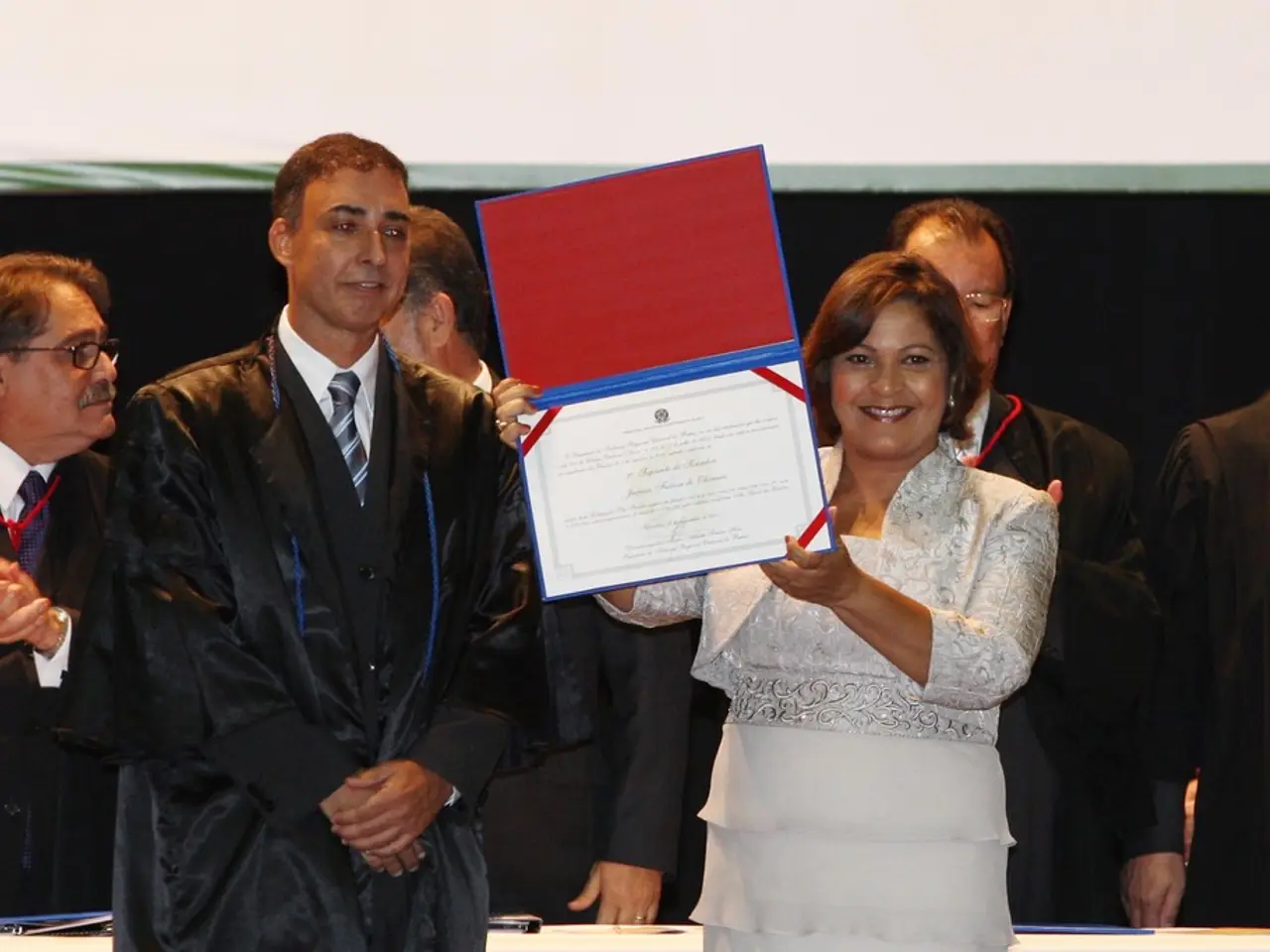Observed an alternative method for dispersing asset holdings.
In an effort to address the issue of assets frozen due to EU sanctions, particularly those linked to Russian entities, a new trust management scheme has emerged. This innovative approach, which is suitable for owners of large blocks of securities, aims to provide a legal and administrative framework for the management and potential release of frozen assets under strict conditions.
The trust management scheme, which has garnered attention in countries like Cyprus and the Seychelles, operates by immediately freezing assets upon the imposition of sanctions. This means that EU Member States are required to prevent any availability of the frozen assets to designated parties or their benefit. During the freeze period, active management of the portfolio is severely restricted, with actions such as attracting new investments, selling assets, or changing revenue streams related to the frozen assets prohibited to maintain the asset's integrity.
The EU coordinates sanctions lists and asset freezes in line with EU regulations, requiring holders to report frozen assets and strictly forbidding any transaction with designated parties, including indirect economic resources. Unfreezing is a complex political-legal process tied to compliance with international agreements, peace negotiations, or court orders. Asset holders must strictly comply with EU sanctions regulations, with frozen assets serving both as leverage and as a resource during ongoing conflicts or diplomatic efforts.
While frozen, some profits or yields generated may be used by governments to support Ukraine or other related humanitarian efforts, but this use is tightly controlled and transparent. The chances of obtaining a license to unfreeze assets are higher if standard requirements can be met, even if it takes more time. However, all alternative methods carry a common risk, according to Andrei Rybinin, partner at Delcredere law firm.
One such alternative method under discussion involves a broker approach, where a broker buys the investor's claims at a 10-15% discount. Another method involves setting up a trust, placing it under a trustee's management who must have a foreign license. The trustee then enters into an agreement with consultants who apply to European and American regulators for permission to unfreeze the assets.
It is important to note that existing norms prohibit opening accounts or holding deposits above a certain amount for ordinary Russians, and European sanctions have significantly limited the scope for unfreezing assets for such individuals without residency, passport, or citizenship in the European Union.
This novel approach to unfreezing assets, while not without risk, offers a potential solution for those affected by the asset freezes imposed by the EU. As the situation evolves, it is expected that further developments and refinements will be made to this trust management scheme to better address the needs of those impacted by these sanctions.
The trust management scheme, involving a trustee with a foreign license and consultants who apply for permission to unfreeze assets from European and American regulators, is one of the alternatives discussed to address the asset freezes for owners of large blocks of securities due to EU sanctions. To maintain the integrity of the frozen assets, active management such as attracting new investments, selling assets, or changing revenue streams is severely restricted during the freeze period.




